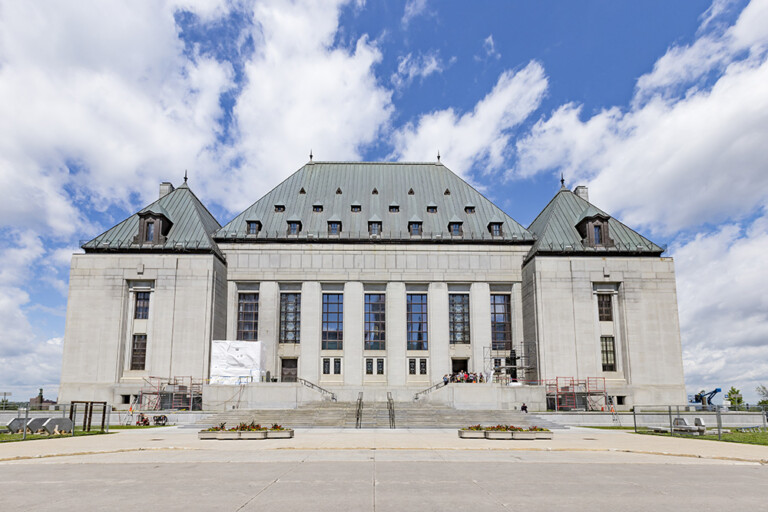
Why Bill 11 Matters
On May 29, 2025, the British Columbia legislature passed Bill 11, amending the Employment Standards Act. It prohibits most BC employers from requiring medical notes for short-term, health-related absences. The date it comes into force is yet to be determined, but the government has stated that it intends to implement Bill 11 before the 2025 respiratory illness season. The goal is to free up as many as 180,000 physician hours per year and reduce requirements on sick employees.
Key Changes
Bill 11 will make it unlawful to request a “specified health record” when an employee takes “health‑related leave” in “specified circumstances” on a short‑term basis. The quoted terms are defined as follows: a specified health record is a note or document that a health professional prepares at the employee’s request to confirm the reason for a sick leave; health-related leave means a leave or other absence from work that is related to the health, illness, or injury of an employee; and specified circumstances are circumstances which are to be specified by future government regulations.
Bill 11 deliberately leaves the specified circumstances to be defined by future regulations after a public consultation this summer. Until the regulations are released, employers should plan for the possibility that any illness absence of a few consecutive days could fall within the ban, including repeated absences of a few days at a time.
What Evidence Can Employers Still Ask For?
Bill 11 only prohibits employers from requesting specified health records. It does not prevent them from asking for other reasonably sufficient proof of an employee’s illness. This could include requesting a written attestation from an employee that they are sick, or asking for receipts of medications purchased by the employee.
Future Points In Need of Clarification
Duty to Accommodate
Under the BC Human Rights Code, employers are required to accommodate employees with disabilities, including those with medical conditions. The duty to accommodate also requires employers to seek medical information when circumstances indicate an employee may need accommodation. Medical notes are often essential to an employer’s understanding of its obligations in the accommodation process. As it currently stands, Bill 11 does not specify whether an employer may still request medical notes when it is reasonably required to facilitate the accommodation process. Ideally, future regulations will clarify how Bill 11 interacts with an employer’s duty to accommodate and aid employers in complying with their obligations under the Human Rights Code.
Safety Sensitive Occupations
Many occupations come with a certain level of occupational risk. Depending on the circumstances, employers may wish to request medical information before allowing a sick employee to return to work. If Bill 11 is interpreted to prevent employers from requesting medical information to confirm an employee is fit to work, it could create serious safety risks and expose employers to liability. Future regulations should carve out an exception to Bill 11 to maintain occupational health and safety.
Extended Sick Leave Benefits
Many workplaces offer employees sick leave benefits that exceed the requirements of the Employment Standards Act. Employers fund these benefits and need medical information to prevent misuse and ensure appropriate employee leave. Without this ability, extended benefit plans may become financially unsustainable. Future regulations should clarify whether employers can request medical information when an employee seeks to access extended benefits.
Collective Agreements
Many collective agreements contain clauses regarding when an employer can request medical notes from employees. These clauses are the product of complex negotiations and reflect a balance between operational needs, employee privacy, and financial sustainability. In its current form, Bill 11 does not clearly indicate whether it applies to unionized workplaces. Clarification on this point is necessary to inform employers with unionized employees of their rights and obligations.
Key Takeaways for BC Employers
Bill 11 limits employers’ rights to request medical notes from their employees. Until regulations are finalized, employers should prepare by revising policies, educating managers, and adopting alternative proof mechanisms. Done correctly, compliance can coexist with effective attendance management, while simultaneously preventing unnecessary strain on the healthcare system.
Employers should be ready to act promptly once the government brings Bill 11 into effect to ensure compliance and mitigate potential liability. For further guidance on employee sick leave, please contact Andrea Raso, Ty Bradford, or any member of our Employment & Labour Group.


